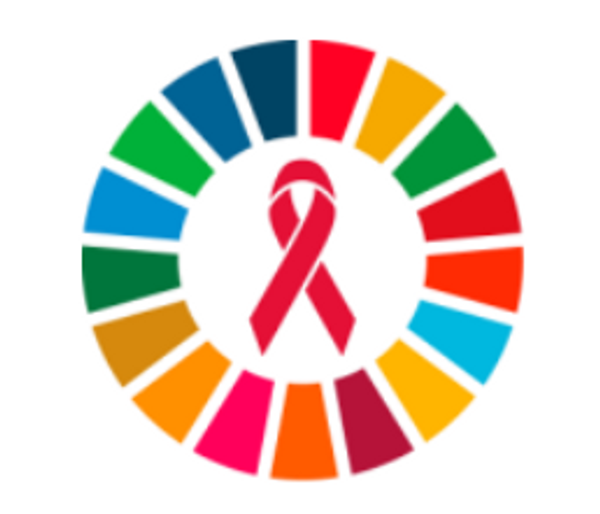La déclaration politique de l’ONU sur le VIH : objectifs audacieux, mais exclusion des populations clés
La Russie, le Cameroun, la Tanzanie et 51 pays musulmans on empêché 22 ONG représentant les populations clés et vulnérables de participer à la conférence. Pour en savoir plus, en anglais, veuillez lire les informations ci-dessous.
Abonnez-vous à l'Alerte mensuelle de l'IDPC pour recevoir des informations relatives à la politique des drogues.
By aidspan
There was praise for the bold goals in the political declaration adopted by the 193-national General Assembly at the United Nations High-Level Meeting on Ending AIDS on 8-10 June, but there was also widespread condemnation of the decision to include only limited references in the declaration to those most at risk of contracting HIV – men who have sex with men, sex workers, transgender people, and people who inject drugs – and to services for these populations.
The problems started before the conference even got underway when, as reported by the Associated Press, Russia, Cameroon, Tanzania and 51 Muslim countries blocked 22 NGOs representing key and vulnerable populations, primarily of gay and transgendered groups, from attending the conference.
In the declaration, countries pledged to end AIDS by 2030. They committed to ensuring that 30 million people living with HIV have access to treatment by 2020. They also committed to reducing the number of new HIV infections to below 500,000 a year by 2020, down from 2.1 million in 2015, and bringing the number of annual AIDS-related deaths to under half a million in 2020, from 1.1 million last year.
Click here to read the full article.
Keep up-to-date with drug policy developments by subscribing to the IDPC Monthly Alert.
